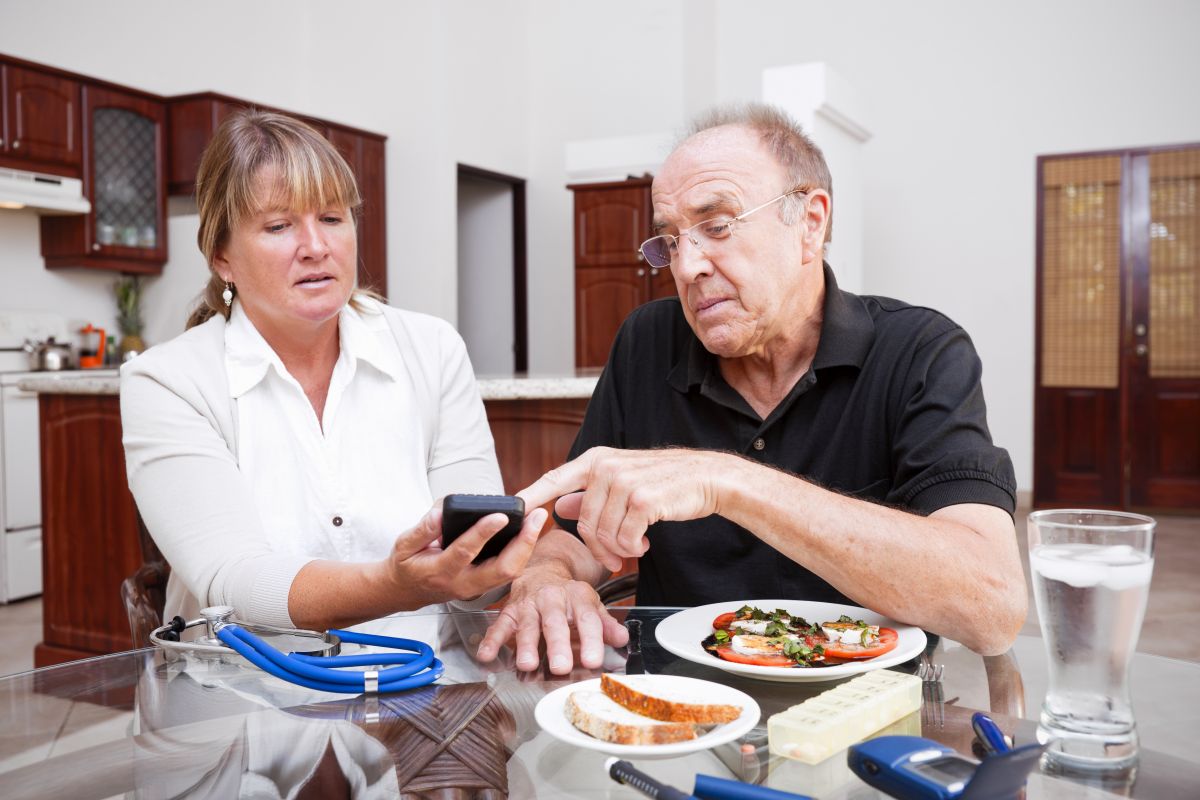Healthcare platform MediBuddy achieves break-even in FY24
The company said its user base has witnessed a growth of 2.4 times over the last three years, serving close to 3 crore people with over 1 crore subscribers.
On average, HbA1c fell by 0.2 per cent in the intervention group and rose by 0.1 per cent in the control group – a difference of 0.3 per cent between groups.

(Representational Image: Getty Images)
Researchers have found that a low-cost text messaging programme improves blood sugar control in patients with diabetes and coronary heart disease.
“The effect in this study was not only statistically significant but also has the potential to be clinically relevant by reducing risk of diabetic complications and death,” said study researcher Xiqian Huo from Fuwai Hospital in China.
“Capitalising on the exponential growth in mobile phone usage over the past decade, a simple text messaging programme could increase the reach of diabetes self-management support,” she added.
Advertisement
It may provide a means to better address the burgeoning healthcare demand-capacity imbalance.
For the study presented at the ESC Congress 2019 in France, the researchers enrolled 502 patients from 34 clinics in China and the patients were randomly assigned to the text messaging intervention or a control group for six months.
The intervention group received six messages per week, at random times of the day, from an automated system set up by the researchers.
The messages were designed to provide information and motivation and help patients set goals and manage stress.
The control group received two thank you text messages per month.
At six months, blood glycated haemoglobin (HbA1c) was significantly lower in the intervention group compared to the control group (6.7 per cent versus 7.2 per cent).
On average, HbA1c fell by 0.2 per cent in the intervention group and rose by 0.1 per cent in the control group – a difference of 0.3 per cent between groups.
The change in fasting blood glucose was larger in the intervention, compared to control, group (-0.5 versus 0.1 mmol/L, respectively).
The intervention was acceptable to participants, 97 per cent found the text messages useful, readable and an appropriate method of contact.
Advertisement